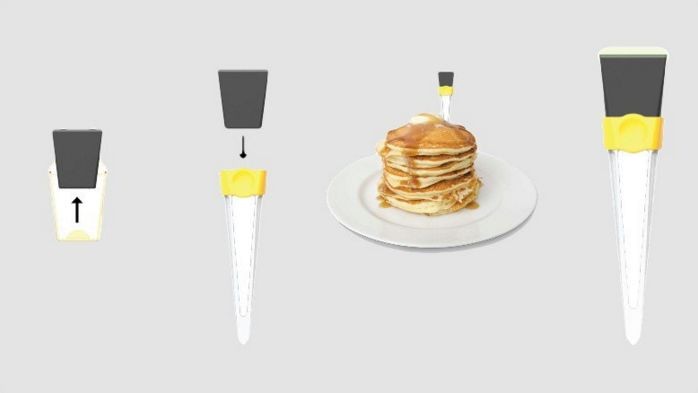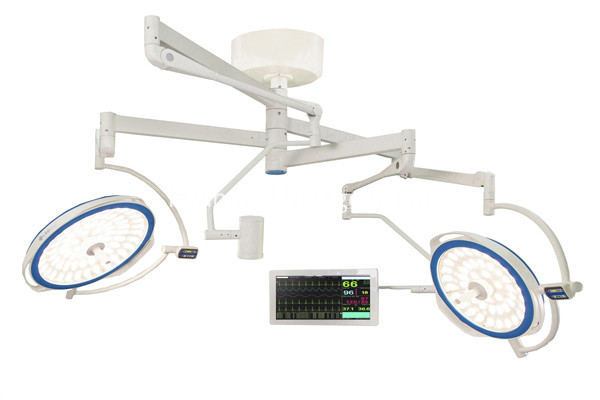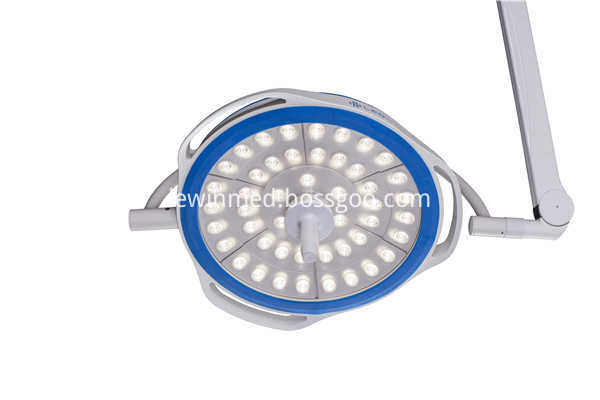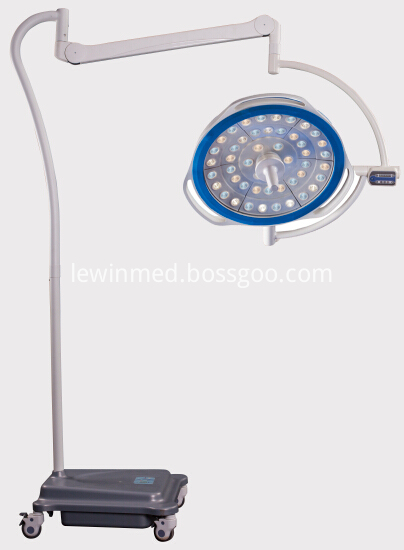There are more and more cases of allergies around the world. According to the British Allergy Agency, about 21 million adults have allergic symptoms, and up to one-fifth of them suffer from allergic rhinitis (also known as hay fever). In the past decade, the number of food allergies in the UK has doubled, and the 2013 US Centers for Disease Control and Prevention found that between 1997 and 2011, children with food allergies increased by about 50%. However, there are no drugs that can cure all allergies, and patients can only avoid allergens. At the same time, some startups and university research institutes are studying how to prevent and treat allergies, which is a boon for patients. A sophisticated food allergen detector that can be disguised as a stylish necklace; an air allergen tracker can camouflage a beautiful clip; can sense severe allergic reactions and provide life-saving wearable devices, these three Inspiring innovation can really prevent and treat allergies. Lab on the necklace Although Nima in 6Sensor Labs is not really a wearable device, it is a device capable of detecting trace amounts of gluten, specifically to 20 PPM (20 parts per million) or lower, which is the safety issued by the European Union and the FDA. Minimum guidelines for gluten-free labels and most gluten allergy sufferers. Nima's small high-tech uses chemical analysis rather than a representative sample of scanned food. The first true wearable allergen detection device allergy amulet is currently in preparation and is expected to be available in 2018. Abigail Barnes, a Yale graduate, and Dr. Joseph BelBruno, a professor of chemistry at Dartmouth College, are not only their brainchild, but also a chic necklace with special abilities. A strip of chemicals is attached to the allergic amulet to detect allergens within minutes. The technology is very sensitive, detecting allergen levels to PPT (X parts per trillion), far below the minimum guidelines for EU and FDA gluten-free labels (20 PPM) and other allergen safety thresholds. However, allergy amulets are not foolproof. Because strips can only test representative samples, you may miss some latent allergens in your food. For this reason, allergy amulets are an extra device for defense, not the last wall for allergen detection. Although allergy amulets will currently only be tested for peanut allergens and will be extended to eight common allergen tests in the future, co-founder Abigail Barnes tells us that her company will eventually be able to customize personal allergy amulets for customers to detect coriander soy. Wait for a variety of allergens. At the same time, a venture capital startup DOTS device is developing an allergen testing wearable device. Its patent-pending technology can be said to be black technology, but the company currently refuses to express any opinions.
Round type sugical lamp is the most matured LED lamp in all LED series, it has producted for many years and exported to many countries, just like USA, UK, India, Italy, Thailand and other countries in the workd, almost zera maintainance rate, customers all give good feedback. the surgical lamp has the function of Clear lighting field; Outstanding color rendering index; Convenient removable sterilize handle; Control panel can choose touch screen control panel or normal control panel; it also has excellent color temperature adjustable technology; the operating lamp also can add HD camera system which is medical grade; for this OT lamp, it has ceiling type, wall type and mobile type; ceiling type can choose single dome, double dome or add camera system;
LED Surgery Lamp,LED Operating Lamp,LED Operating Light,LED Surgical Lamp Shandong Lewin Medical Equipment Co., Ltd. , https://www.lewinmed.com




Physical allergies? Save you with this wearable health device
Next Article
Can skin allergies eat spring bamboo shoots?
Prev Article
Early prevention and treatment of cowpea rot